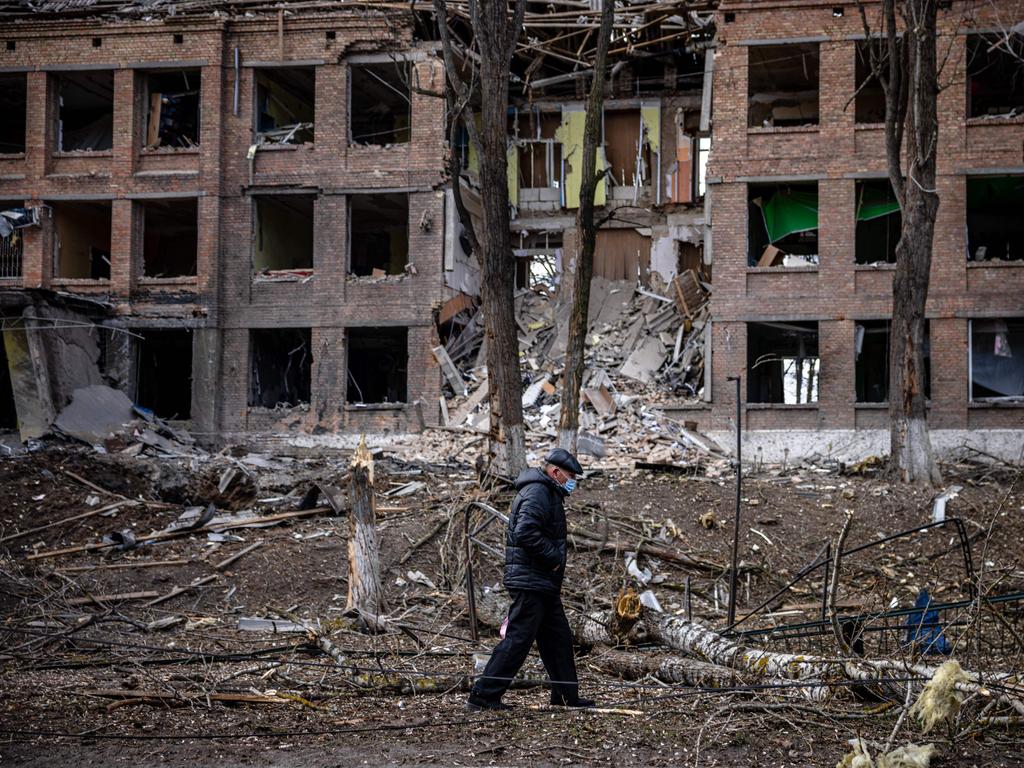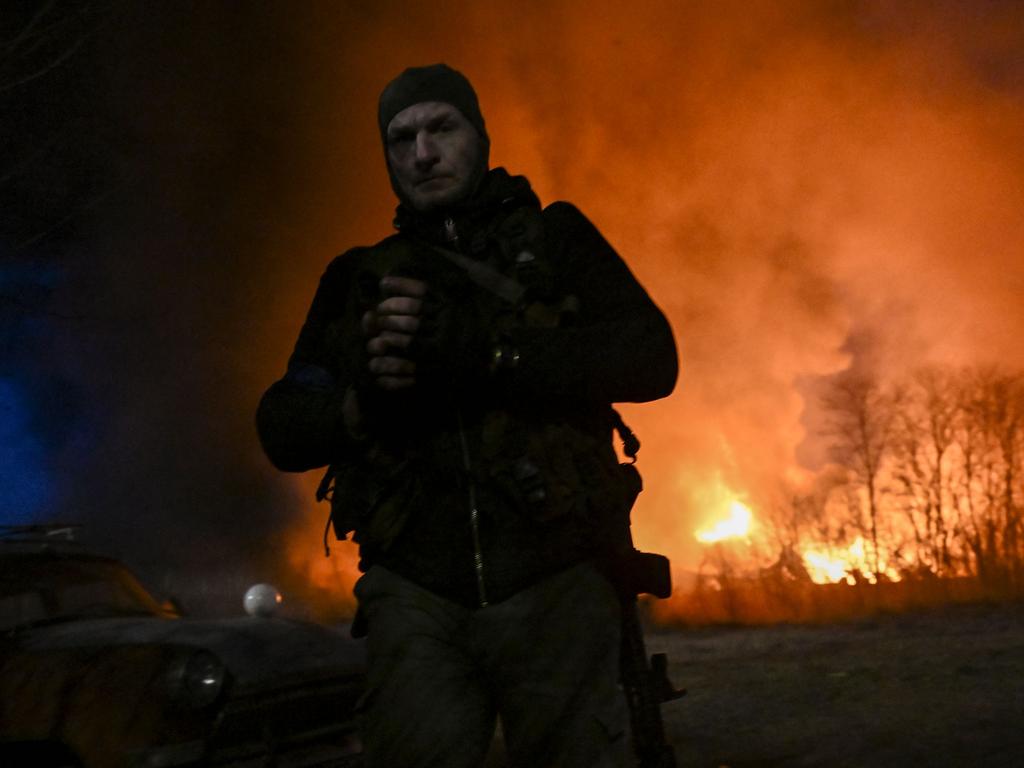Ukraine invasion: Arrogance, hubris and overreach on road to Kyiv

Russia’s anger over Ukraine becoming a separate country takes us back more than 30 years to the collapse of the USSR. A recent article by Rodric Braithwaite, UK ambassador to Moscow from 1988 to 1992 and chair of the Joint Intelligence Committee from 1992 to 1993, takes a different approach from most commentators on this important issue. He makes it clear America and its allies “failed to avoid triumphalism” over the disintegration of the Soviet empire. The belief in Washington that America won the Cold War, and that it was now the world’s sole superpower, “led America into one diplomatic misjudgment after another over the next three decades”. Braithwaite considers that the Americans acted as if Russia’s foreign and domestic policy was theirs to shape. President Bill Clinton’s adviser, Strobe Talbott, is quoted as saying: “Russia is either coming our way, or it’s not, in which case it is going to founder, as the USSR did.”
Braithwaite concludes all this seeped into Russian public consciousness and aroused an overwhelming sense of humiliation and resentment. This coloured Russian attitudes in the making of policy for decades, “and was persistently underestimated by Western policymakers and commentators”.
In Braithwaite’s view, Western diplomacy towards Russia and Eastern Europe has been by turns arrogant and incompetent.
This brings us to the question of the enlargement of NATO and how that was handled. Robert Hunter, the US ambassador to NATO from 1993 to 1998, observes NATO at its 1997 summit, following conclusion of the NATO-Russia Founding Act, found Russia deeply opposed to any idea that Ukraine might be considered for NATO membership. Hunter records the prevailing view in the George HW Bush administration was that, since the Soviet Union had lost the Cold War, the US and NATO “could do as they pleased”. Increasingly evident revanchist Russian impulses, backed by an emerging capacity to act on them, were ignored.
Vladimir Putin’s presentation at the Munich Security Conference in January 2007 was notable for its candour in a forum that had historically been placid and matter of fact. Putin said NATO expansion represented a serious provocation that reduced the level of mutual trust. “And we have the right to ask: against whom is this expansion intended?”

He then quoted the speech of NATO general secretary Manfred Woerner in Brussels on May 17, 1990: “The fact that we are ready not to place a NATO army outside of German territory gives the Soviet Union a firm security guarantee.” Putin asked: “Where are these guarantees?” The former members of the Warsaw Pact had an entirely different view about the expansion of NATO because of their experience of more than 40 years of subjugation by the USSR. They had experienced violent occupation by Moscow, not least in Hungary in 1956 and Czechoslovakia in 1968. Rather than organically expanding, NATO was enlarged at the request of Eastern European countries for obvious security reasons.
This leaves us with the question whether the current crisis might have been averted had the US continued the policy, begun under George HW Bush and Bill Clinton, of treating Russia as a potential partner rather than a defeated nation. Instead, for the past two decades Putin has now rebuilt a Russia that has recovered from its debilitated post-Soviet condition and, according to Hunter, he has now reached the point where he believes Russia can demand its role as a great power be treated with respect. And, moreover, Russia has developed sufficient power to assert a sphere of influence in the near abroad.

That leaves us to conjecture why Putin has not recognised he has now demonstrably overreached himself and that Russia’s military power is not the leviathan many in the West believed.
Most military experts judged it would take Russia’s army three to four days to occupy Kyiv. Instead, it is now looking very incompetent. In retrospect, this disastrous situation could have been handled with greater sensitivity in the years immediately after the collapse of the Soviet Union. But that is history. Today, Putin has permanently damaged his claim Russians and Ukrainians are “one people” sharing essentially “the same historical and spiritual space.” Only the removal of Putin can bring any hope for the Russian people of becoming part of what was once postulated as a single Europe “whole and free”.
Paul Dibb is emeritus professor of strategic studies at the Australian National University.







Now that Russia is into the fourth week of its barbaric war against Ukraine, it is time to ask whether it could have been predicted. Wars break out for numerous reasons: ideological, historical, geopolitical and territorial. This war is a mixture of great-power status, territorial ambitions and deep-seated historical contention.